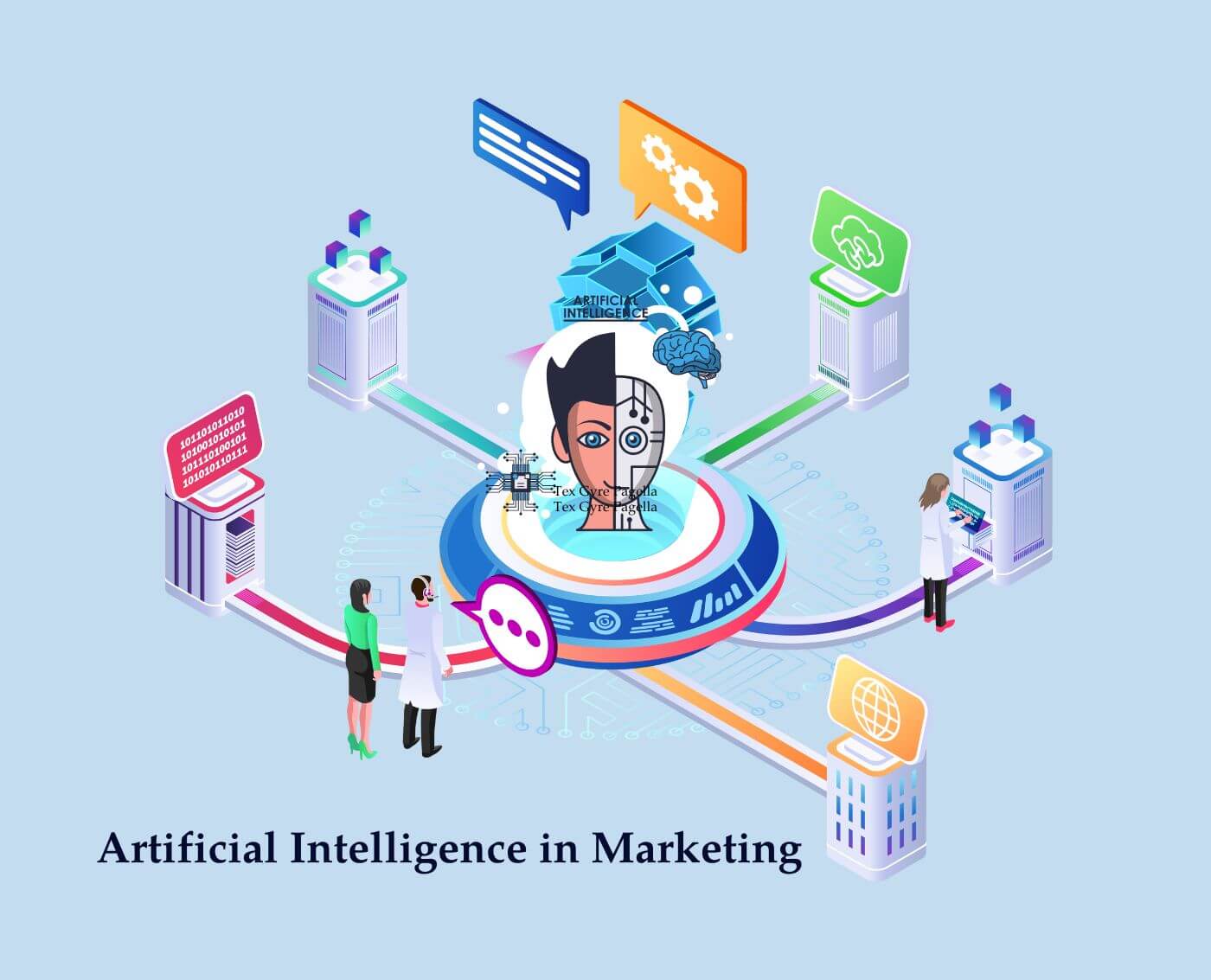This is a study that I would wish one day to be undertaken: An overall exploration of artificial intelligence and how it has transformed, reaffirmed and redefined marketing. We will look at stuff from predictive analytics and customer segmentation to anything else you can think of until chatbots, content optimization, and beyond. Marketing as I am aware is practiced in many ways and techniques but, do you think we rely on and embrace the innumerable, transformative capability that the advent of AI technology continues to develop in our firms? No, of course we don’t. So, it’s time me and you embarked on a journey with in-depth insight into what AI technology has to offer the marketing field.
Introduction
With today’s climate, the ever-innovative ways to get optimum engagement, converts, and the edge for marketing has driven humanity into the solid hands of Artificial Intelligence AI. With a predominant role to play in marketing, the concept is heavy, packed sophisticated data-analysis, personalized consumer interaction, and strategic optimization tools any marketer has come across. In various curvatures, this exploration stands to expose the diverse applications AI enjoys in marketing and its defined place there, which helps marketers transform their business aspects in targeting people.
Artificial Intelligence as defined in Marketing
Marketing-wise, AI is the use of technology that stimulates human-thinking processes through customized tasks by machines and computer systems. Its role in marketing is not centered but scattered within a consumers’ dataset analytics for sighting patterns and future trends, and automation of marketing tasks. Primarily based on technology such as machine learning, natural language processing, and predictive analytics, marketers, therefore, get intensive insights into consumer behaviors, preferences, and feelings, where they enhance consumers-based market approaches.
Predictive analytics:
These AI solutions ensure immediate assistance as the customer service experience and operational efficiency is enhanced. In addition, automation of normal queries enables human resources to serve customer’s extensive needs.
AI-generated content: AI-generated content allows SDLs to be tailored using audience data, promoting engagement and relevance. Furthermore, it simplifies content planning by ensuring output and performance quality across marketing platforms.
Natural Language Processing: NLP technologies analyze human language, providing a glimpse into consumer and market feedback. In essence, it revamped how marketers see consumer sentiment and market trends while refining how they developed brand voice.
Marketing Automation: Marketing Automation technology automates repetitive marketing duties to ensure communication is personal and the impact of marketing strategies is maximized. This, in turn, saves time and other resources and leads to a better omnichannel experience. Predictive Lead Scoring: Predictive lead scoring is the process of determining the likelihood of a potential customer converting. It prioritizes these leads, allowing more resources to be spent on the most likely to improve revenue.
Dynamic Pricing: Dynamic pricing modifies the pricing to reflect market conditions and consumer data. This change is to maintain profit targets while growing sales numbers. Performance Optimization: Performance Optimization involves dissecting data from on-going campaigns to identify growth opportunities.
Ultimately, ensuring driving ROI is improved based on data. AI is changing marketing. From diversifying customer insight into automation and unique selling points. There is no way to expect that change to slow. Eventually, AI will become the core marketing element, creating sophisticated, data-centric strategies. It allows businesses to deal with the ever complex world of digital marketing


Add a Comment